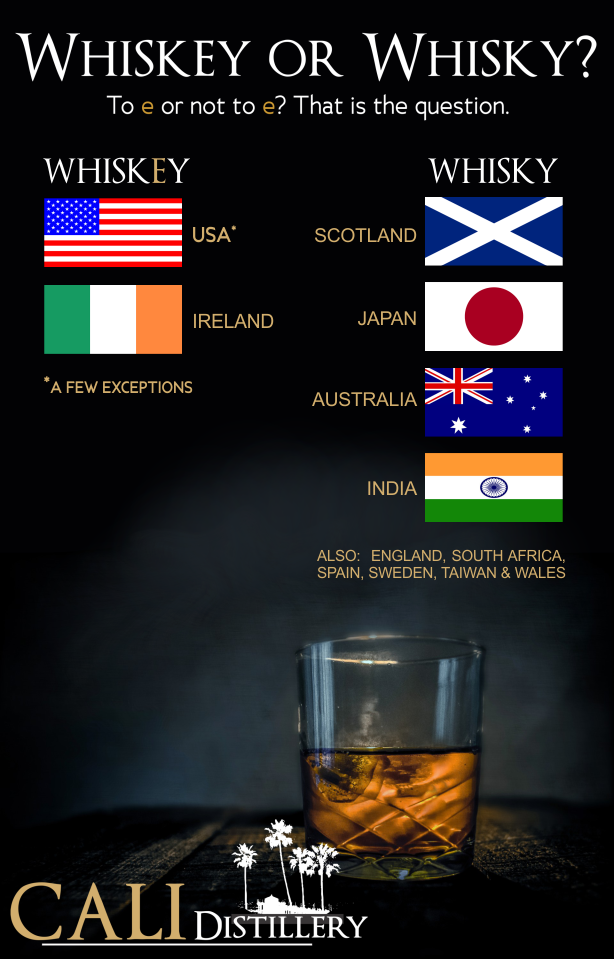Whiskey U: So What is Whiskey anyways?
The TTB (The Transfer and Tax Bureau) – the regulator of all beverage alcohol sold in the US- defines whiskey as a distilled spirit made from grain that is distilled above 80 proof, and that tastes like whiskey. You can check out the detailed requirements here. Vodka can be made from almost any plant that will rot and ferment just as long as the resulting spirit is clear and tasteless, but whiskey must be made from grain, and has to look and taste like whiskey.
At its heart, whiskey is just distilled beer. Start with malted barley, corn, wheat or rye. (If you dry your malted barley over a peat fire first you’ll get an nice peaty scotch. ) Soak the grains in hot water until they begin to break down and release their sugars. The resulting sweet liquid is called a “Wort” or “Distillers Beer”. Add yeast – a live organism- and let the little guys feast on the grain’s sugars. The result is an alcoholic “wash”. If you were to add hops, you would be on your way to making craft beer. Hops add a bit of bitterness and help balance a beer’s sweetness. Leave out the hops and you are making whiskey. Whiskey makers use oak aging to balance the whiskey’s flavors. Distilling increases the alcohol level preserving the whiskey.
Distilling the wash captures and concentrates its more volatile components, which include alcohol. Bourbon distilleries generally use continuously-operating column stills, while Scotch distilleries generally use copper pot stills. The resulting high proof liquid will be mostly alcohol, but with enough elements of the original grain to shape the fundamental taste of the final product. It’s that small percentage of solids, esters, and other cool stuff that separates “new make whiskey” from vodka, and rye or bourbon from scotch.
The true magic of whiskey is what happens next. Newly distilled spirit is aged in contact with oak barrels, where it matures and becomes whiskey. The distiller can choose to use new oak barrels, or previously used barrels. Many scotches are aged in barrels previously used to hold sherry, or port or other wines. CALI is aged with new oak and finished with our own proprietary mix of prepared herbs, spices and botanicals. The grain selection, distillation method, filtering and aging shape the eventual flavor of the whiskey.

To “E” or not to “E”, that is the question.
The word whisky (or whiskey) is an anglicisation of the Classical Gaelic word uisce (or uisge) meaning “water” (now written as uisce in Irish Gaelic, and uisge in Scottish Gaelic). Distilled alcohol was known in Latin as aqua vitae (“water of life”). This was translated to Classical Gaelic as uisce beatha (“water of life”), which became uisce beatha in Irish and uisge beatha in Scottish Gaelic. Early English forms of the word included uskebeaghe (1581), usquebaugh (1610), usquebath (1621), and usquebae (1715).
Whiskey or Whisky – The Scots spell it whisky and the Irish spell it whiskey, with an extra ‘e’. This difference in the spelling comes from the translations of the word from the Scottish and Irish Gaelic forms. Whiskey with the extra ‘e’ is also used when referring to American whiskies. In general, the USA and Ireland use “whiskey” and every other nation uses “whisky”. See graphic at right.
Finished or Flavored
If we were to make whiskey and make cherry syrup and then pour the syrup into the whiskey we would have to call it cherry flavored whiskey. You will also see whiskeys that are labeled whiskey with liqueur added or whiskey with xx flavor added. In both of those the whiskey is completed and then flavoring is poured in.
If we were to put whiskey into a Sherry cask and allow the whiskey to naturally pull flavor, oils, esters, etc. from the wood you would not call it whiskey flavored with sherry wood you would call it whiskey finished in sherry wood.
If I were to make a stave of cinnamon bark or a cask of cinnamon bark and age our whiskey with that wood and allow it to pull the flavor from the wood, you would call it “finished with cinnamon” not “cinnamon flavored.” That is our process. CALI Distillery doesn’t buy prepared flavors. Any flavor in our spirits – our liqueurs or our whiskies – got there by extraction with alcohol from the original fruit or wood or ground spice or toasted grain or leaves or whatever. (except that the sugar in the liqueurs is pure non-GMO refined sugar. We don’t make sugar.)